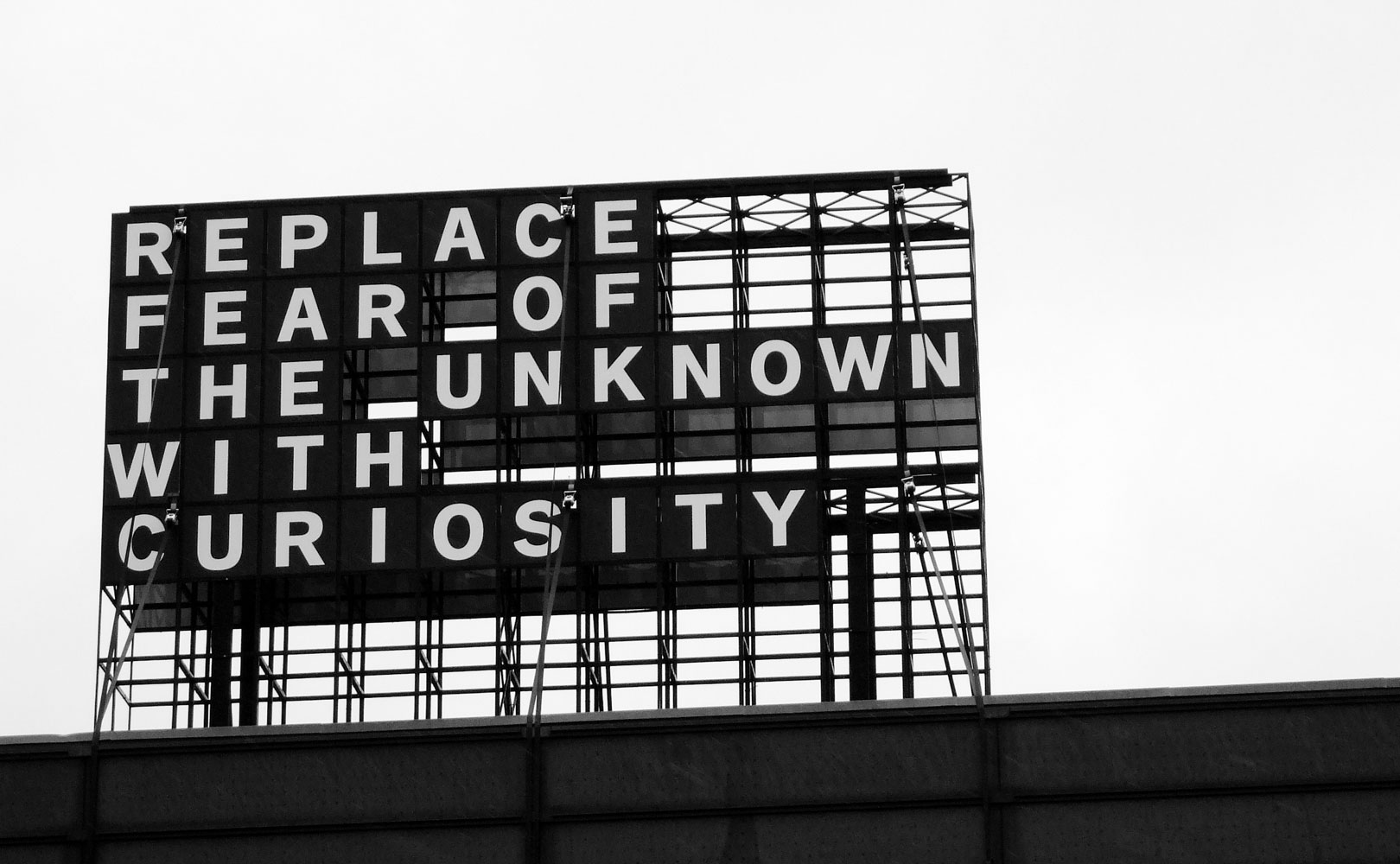by: Maxwell Huppert
Google was hiring “glue people,” said Eric in a recent Masters of Scale podcast. These are people people who may be pleasant and competent but “who sit between functions and help either side but don’t themselves add a lot of value,” he said.
It was at this point that Eric realized they need to revamp their hiring process—they needed to make sure they were screening candidates for the specific soft skills that would lead Google to success (see these below).
While hard skills can be learned and developed, the soft skills of a potential hire are what could make or break the company. That’s why it’s important to focus on identifying which soft skills are most important for your role or your company and screen for them.
Here are the most important soft skills according to some top executives:
Google’s Eric Schmidt looks for candidates with persistence and curiosity
Google is famous for its tough puzzles and hiring tests, but ex-CEO Eric Schmidt believes that persistence and curiosity are the most important soft skills that a candidate can have.
“I would suggest—and this has since been confirmed by many studies—that persistence is the single biggest predictor of future success,” says Eric.
Eric is right that studies have shown a major element of success, including creative thinking, boils down to showing up and never giving up. Adam Grant, bestselling author and Wharton business professor, sums up the same concept powerfully.
“Persistence is one of the most important forces in success and happiness,” says Grant. He mentions the many artists who brushed off early rejections and plowed ahead with their ideas. “If they had quit, Harry Potter, Disney, and the Beatles wouldn’t exist.”
For Eric, persistence is most powerful when it’s paired with a genuine curiosity about the world and the way things work.
“The combination of persistence and curiosity is a very good predictor of employee success in a knowledge economy,” says Eric.
When it comes to screening for these traits, there are various ways you can go about it. For example, to determine persistency, you might ask the candidate to tell you about a time when they remained persistent even though everyone else around them had given up. For curiosity, you can ask them to give you an example of how they keep up with the industry—you want to feel that they have a desire to continue to learn and build their knowledge base.
Becca Brown, co-founder of Solemates, values communication and resourcefulness above all else
Becca Brown is the co-founder of Solemates, a Shark Tank-backed startup that sells heel protectors—but she learned some of her most useful recruiting lessons while working at Goldman Sachs after college.
“I interviewed anywhere from 20 to 30 job candidates a year,” says Becca. “And this was the one trait I looked for in every candidate: Strong communication skills.”
For Becca, the ability to communicate clearly is the foundation of success, at Goldman Sachs or in her own company. Communication skills also support another key soft skill for Goldman Sachs’ hires—resourcefulness—which Becca defines as the ability to either answer a question, or commit to finding the answer quickly.
“One of the tenets of the culture at Goldman is resourcefulness, and communicating that resourcefulness to others,” says Becca.
Becca isn’t alone in her priorities, either—according to one study, more than 73% of employees consider written communication skills a must-have in the hiring process.
Soft skills like communication and resourcefulness are notoriously difficult to screen for, but there are strategies that work. For example, for written communication, a writing sample is often the most useful test, although the candidate’s emails can also provide some clues. And when you’re measuring a candidate’s verbal communication during an interview, don’t forget to consider body language carefully.
Marcus Lemonis seeks out team players who know how to put their egos aside
We often picture the most successful leaders as standing above—and apart from—their employees, but Marcus Lemonis, investor and star of The Profit, rejects candidates who are too focused on their own success. Instead, he believes that top performers are team players who make the success of everyone around them a top priority.
“Most people think [business] is a race where they have to win,” says Marcus.”There’s really not a winner or losers. It’s about the company winning.”
Marcus’s approach comes from his strong belief that teams work more effectively than individuals. As a result, he prefers to hire candidates who know how to set aside their own egos to get the job done.
“[Egotistical employees] are setting the company up for failure,” says Marcus. “They’re setting themselves up for failure and they’re potentially going to make a decision that’s going to impact other people.”
You can partly measure a candidate’s ability to work with a team by asking questions about their previous experience with teams and colleagues, but Jonathan Roger, Operations Director at AndPlus, a software firm, has found a way to bake team skills into his hiring tests.
“A key part of our interview process is having the candidate come in and build a simple application with a couple of our senior engineers,” says Jonathan. “Some candidates grow frustrated when offered suggestions, which often leads to a no-hire decision. Candidates who are receptive to criticism and treat our engineers like resources and teammates, rather than annoyances, always seem to be our best team players.”
In the end, there may not be one single trait that makes a great hire—finding the right person will always depend on the role and your company culture. But these leaders’ favored traits can help you decide what truly matters in a crowded, changing landscape.

